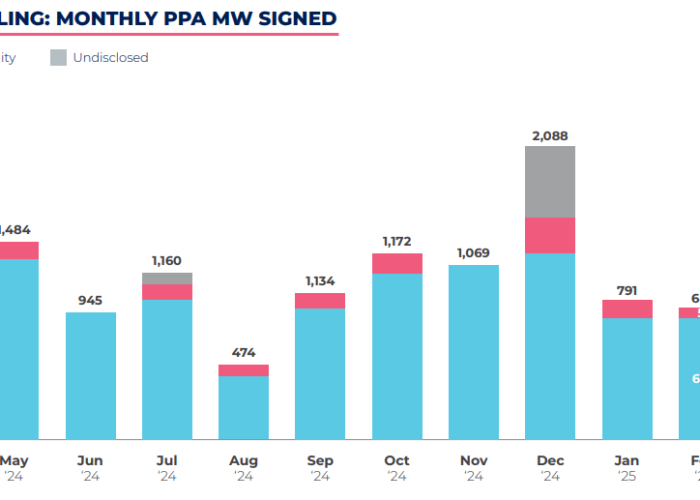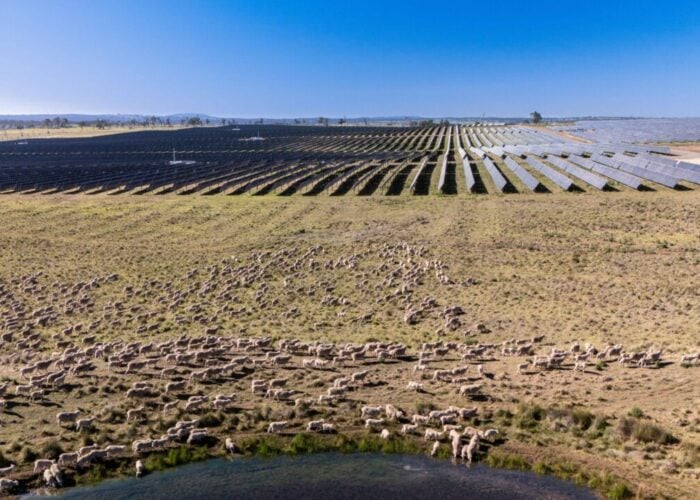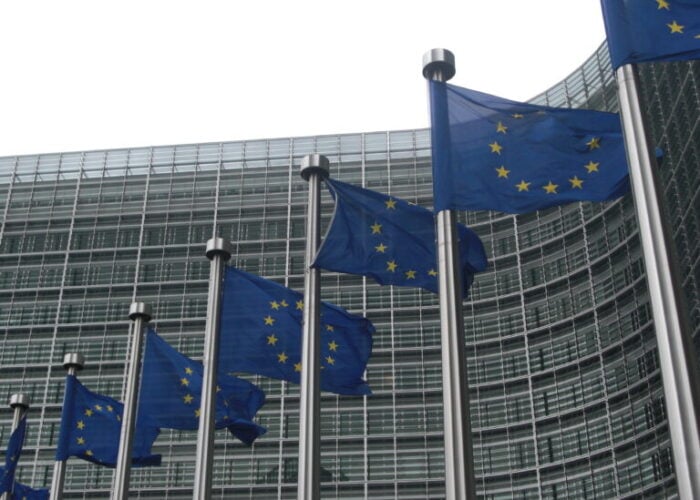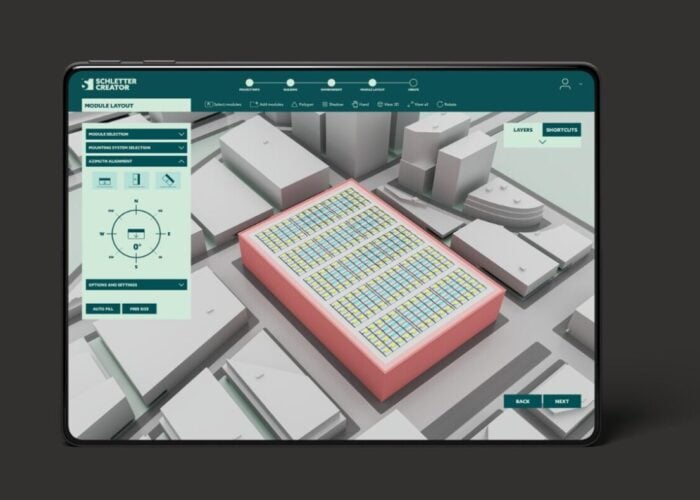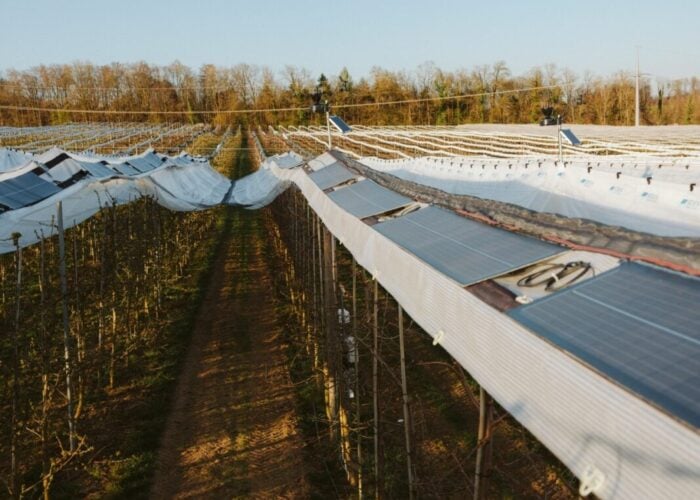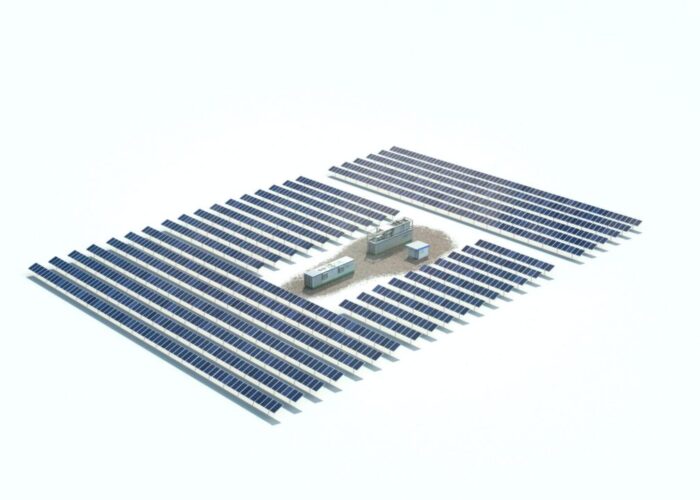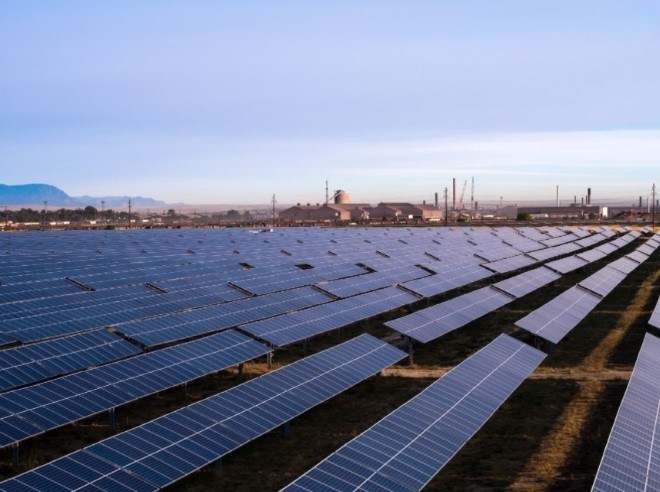
Energy major bp has signed a memorandum of understanding with German conglomerate thyssenkrupp focused on the supply of low-carbon hydrogen and renewable power in steel production.
The companies will explore supply options for green and blue hydrogen, as well as power from solar and wind generation using power purchase agreements.
Unlock unlimited access for 12 whole months of distinctive global analysis
Photovoltaics International is now included.
- Regular insight and analysis of the industry’s biggest developments
- In-depth interviews with the industry’s leading figures
- Unlimited digital access to the PV Tech Power journal catalogue
- Unlimited digital access to the Photovoltaics International journal catalogue
- Access to more than 1,000 technical papers
- Discounts on Solar Media’s portfolio of events, in-person and virtual
Or continue reading this article for free
While thyssenkrupp Steel currently accounts for 2.5% of CO2 emissions in Germany, the company intends to make steel production climate neutral in the long term by replacing coal-fired blast furnaces with direct reduction plants where iron ore is reduced with low-carbon hydrogen.
“The MoU is an important milestone for us to set the course with bp for a reliable supply of energy in the future,” said Arnd Köfler, chief technology officer at thyssenkrupp Steel.
Thyssenkrupp announced a partnership with German utility E.On back in 2020 to plug large-scale hydrogen electrolysis plants into Germany’s grid using a renewables-backed virtual power plant. Such an approach, the companies said at the time, would make hydrogen electrolysis plants “electricity market ready”.
BP, meanwhile, bolstered its green hydrogen presence last month by acquiring a 40.5% stake in the Asian Renewable Energy Hub, which is planned for Western Australia and could produce around 1.6 million tonnes of green hydrogen or 9 million tonnes of green ammonia per year when operational.

